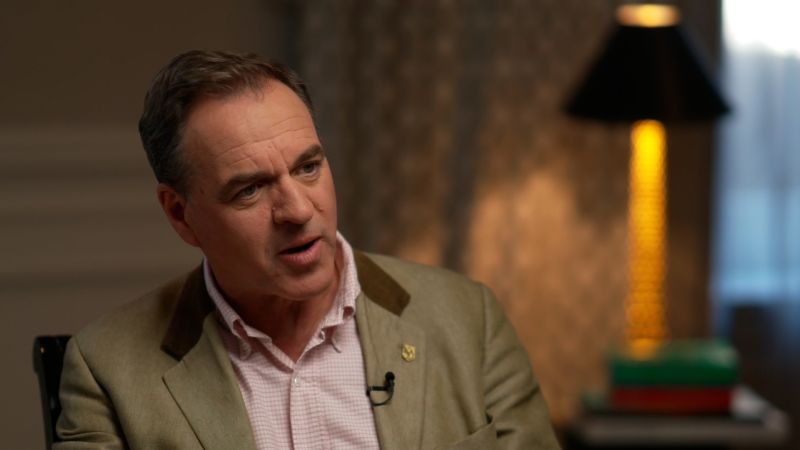Ferguson explains that President Ronald Reagan’s Republican Party was known for its strong stance on national security, free trade, and personal responsibility. The party was seen as the party of big business and the wealthy. However, in recent years, the GOP has shifted towards a more populist and nationalist platform, under the leadership of President Donald Trump. This shift can be seen in the party’s focus on economic protectionism, anti-immigration policies, and skepticism of international institutions.
One of the key reasons for this shift, according to Ferguson, is the changing demographics of the Republican Party. The traditional base of the party, made up of white, working-class Americans, has felt left behind by globalization and technological advancements. This has led to a sense of economic anxiety and a desire for change, which Trump was able to capitalize on during his 2016 campaign. Trump’s message of America First and his promise to bring back manufacturing jobs resonated with this base, leading to his victory in the election.
Ferguson also points to the influence of conservative media outlets, such as Fox News and conservative talk radio, in shaping the beliefs and priorities of Republican voters. These outlets have been instrumental in promoting a narrative of victimhood among conservative Americans, portraying them as under attack by liberals, the media, and political elites. This sense of victimhood has fueled a sense of resentment and a desire for a strong leader who will defend their interests.
The impact of Trump’s leadership on the Republican Party has been significant. While some Republicans have embraced his populist and nationalist agenda, others have expressed concern over his divisive rhetoric and policies. The upcoming election will be a test for the GOP, as they try to navigate the competing factions within the party and appeal to a broad base of voters. The outcome of the election will likely determine the future direction of the party and whether it continues to embrace Trump’s brand of leadership or reverts back to the more traditional values of the Reagan era.
In conclusion, the modern-day Republican Party has undergone a significant transformation since the Reagan era, moving away from its traditional values of free trade and international engagement towards a more populist and nationalist platform. This shift has been driven by changing demographics within the party, as well as the influence of conservative media outlets and Trump’s leadership. The upcoming election will be a crucial moment for the GOP, as they seek to define their identity and appeal to a broad base of voters. The outcome of the election will determine the future direction of the party and whether it continues to embrace Trump’s agenda or returns to its Reagan-era roots. Regardless of the outcome, it is clear that the GOP is at a crossroads and facing a defining moment in its history.













